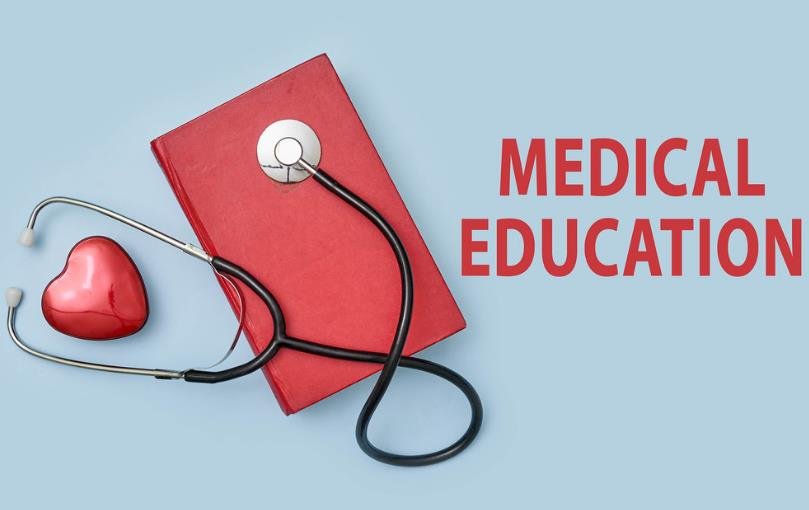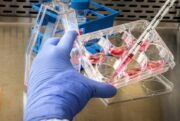Dr. Mahesh Verma, the chairman of the National Accreditation Board for Hospitals & Healthcare Providers (NABH), has emphasized the crucial role of medical education in shaping a robust healthcare infrastructure. Dr. Verma spoke at a webinar organized by the Guru Gobind Singh Indraprastha University (GGSIPU) on the occasion of the establishment of the Chair of Quality by NABH at the university. Dr. Verma said that medical education is the thread that ties the whole complex web of healthcare systems together, and has a major impact on the quality of public healthcare services .
Dr. Verma explained that medical education is essential for enhancing the skills and competencies of healthcare professionals, who are the backbone of any healthcare system. He said that medical education also plays a pivotal role in addressing the healthcare disparities and challenges in the country, such as the shortage of healthcare workers, the urban-rural divide, and the accessibility and affordability of healthcare services. He said that medical education also fosters a culture of research and innovation within the medical community, which positively influences the healthcare practices and outcomes .

Dr. Verma expressed his optimism about the progress and potential of medical education and healthcare infrastructure in India. He cited the impressive growth of medical colleges, the adoption of modern methodologies and technologies, the increase in medical research output, and the recognition of Indian medical professionals globally. He also appreciated the efforts of the government and the private sector in strengthening the tertiary care capabilities and improving the medical education infrastructure in the country .
The Challenges and Opportunities of Medical Education in the COVID-19 Era
Dr. Verma also acknowledged the challenges and opportunities of medical education in the COVID-19 era, which has posed unprecedented difficulties and risks for the healthcare sector. He said that the COVID-19 pandemic has exposed the vulnerabilities and gaps in the healthcare systems, as well as the resilience and adaptability of the healthcare professionals. He said that the COVID-19 pandemic has also accelerated the digital transformation of healthcare, such as the adoption of telemedicine, which has enhanced the accessibility and efficiency of healthcare services .
Dr. Verma highlighted the need and scope for more research and innovation in medical education and healthcare, especially in the areas of infectious diseases, epidemiology, public health, and vaccine development. He said that the COVID-19 pandemic has also created new opportunities for collaboration and cooperation among the healthcare stakeholders and partners, both nationally and internationally. He said that the COVID-19 pandemic has also emphasized the importance and urgency of quality and safety in healthcare, and the role of accreditation and standards in ensuring the same .
Dr. Verma congratulated GGSIPU for being the first university in the country to have a Chair of Quality by NABH, which aims to infuse NABH’s standards into the curriculum of healthcare management courses of the university. He said that this initiative will help in creating a pool of quality professionals, who can lead and manage the healthcare organizations effectively and efficiently. He said that this initiative will also help in spreading the awareness and education of quality and accreditation among the healthcare professionals and students .
The Future and Vision of Medical Education and Healthcare in India
Dr. Verma concluded his speech by sharing his vision and expectations for the future of medical education and healthcare in India. He said that he hopes to see a healthcare system that is accessible, affordable, and equitable for all, and that provides quality and safe healthcare services to the people. He said that he also hopes to see a medical education system that is aligned with the global standards and best practices, and that nurtures a cadre of competent and compassionate healthcare professionals. He said that he also hopes to see a medical research system that is innovative and impactful, and that contributes to the advancement of medical science and technology .
Dr. Verma urged the healthcare community to work together and collaborate with each other, as well as with the government, the private sector, the academia, and the civil society, to achieve the common goal of improving the health and well-being of the nation. He said that he believes that medical education is the key factor for achieving this goal, and that it should be given the utmost priority and support by all the stakeholders. He said that he is confident that with the collective efforts and commitment of the healthcare community, India will emerge as a global leader in medical education and healthcare .
















